 One of the crucial mechanisms powering the Internet got a giant, years-in-the-making overhaul on Wednesday.
One of the crucial mechanisms powering the Internet got a giant, years-in-the-making overhaul on Wednesday.
When we say “giant,” we’re not kidding. Silly-sounding huge number alert: The Internet’s address book grew from “just” 4.3 billion unique addresses to 340 undecillion (that’s 340 trillion trillion trillion). That’s a growth factor of 79 octillion (billion billion billion).
If it all goes right, you won’t notice a thing. And that’s the point.
The Internet is running out of addresses, and if nothing were done, you certainly would notice. New devices simply wouldn’t be able to connect.
To prevent that from happening, the Internet Society, a global standards-setting organization with headquarters in Geneva, Switzerland; and Reston, Va., has been working for years to launch a new Internet Protocol (IP) standard called IPv6.
IP is a global communications standard used for linking connected devices together. Every networked device — your PC, smartphone, laptop, tablet and other gizmos — needs a unique IP address.
With IPv6, there are now enough IP combinations for everyone in the world to have a billion billion IP addresses for every second of their life.

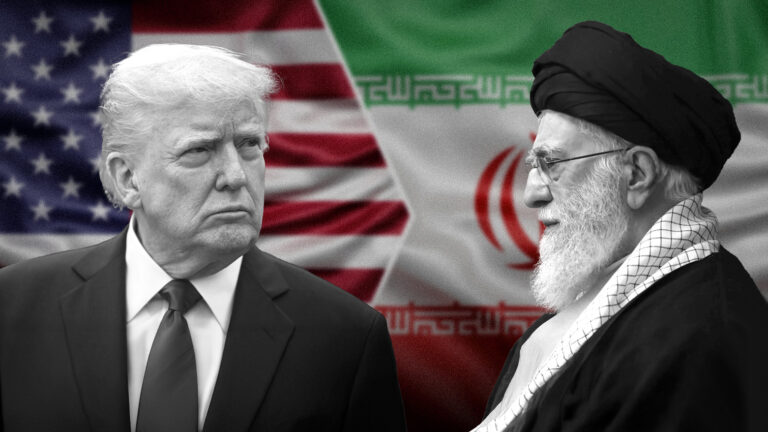
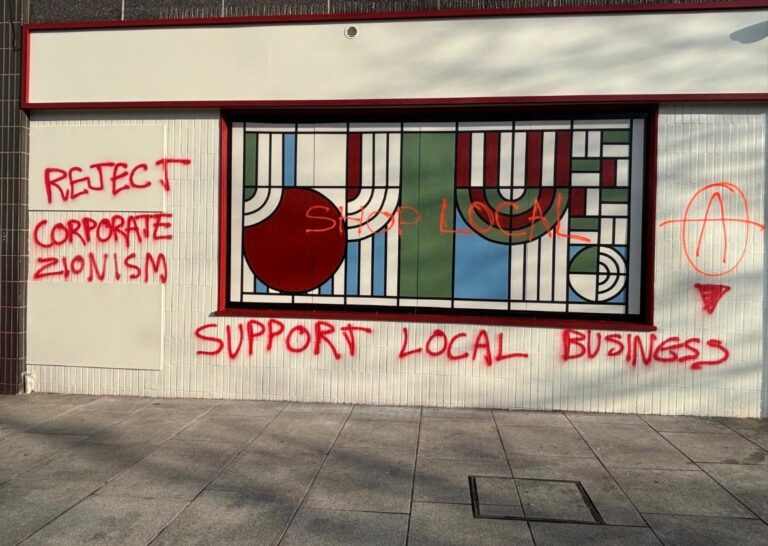


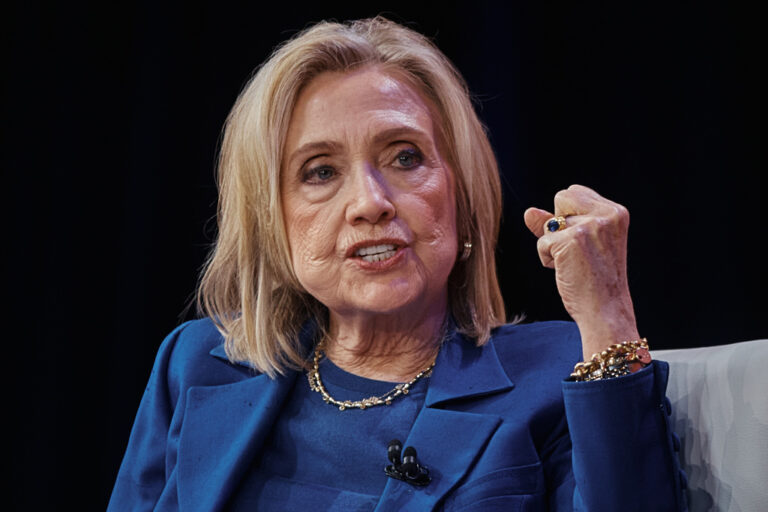
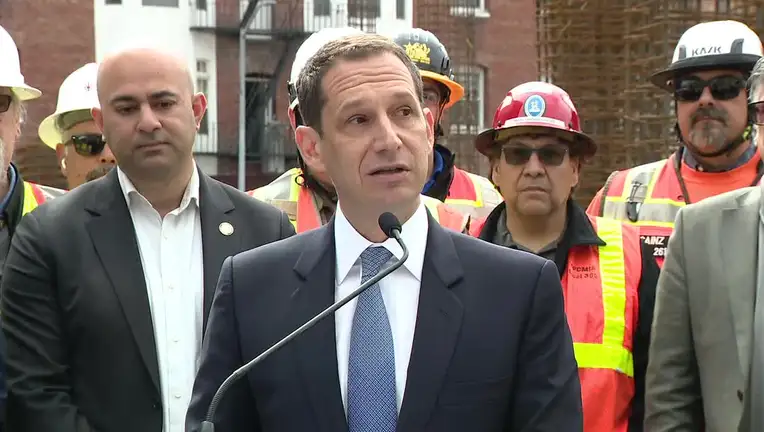
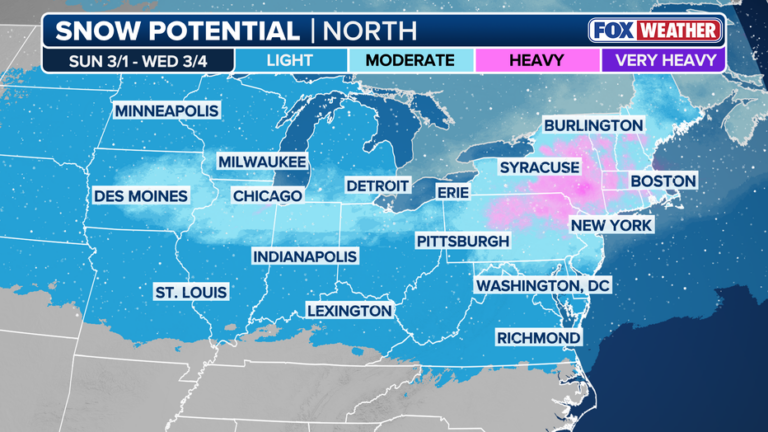



4 Responses
I believe that refers to possible addresses. There are at most six billion people in the world, and some don’t have web access (too poor, too remote, too pious, etc.).
What if some of the powerful countries are in favor of censoring some info from the web. What if there was a way to censor all pronography from a country like the one many of us live in, U.S.A. Mabey this is something that we as authentic Jews should encourage?
im confused
It’s IP addresses. Right now they’re four bytes (32 bits), conventionally represented in decimal separated by dots; e.g. a typical IP address might look like this: 99.235.127.73 This allows for 232 possible addresses.
The new scheme expands that to 16 bytes, or 128 bits, so there are 2128 possible combinations. The notation will be in eight groups of four hex digits, separated by colons, so the address above would be represented as 0000:0000:0000:0000:0000:0000:63eb:ff49